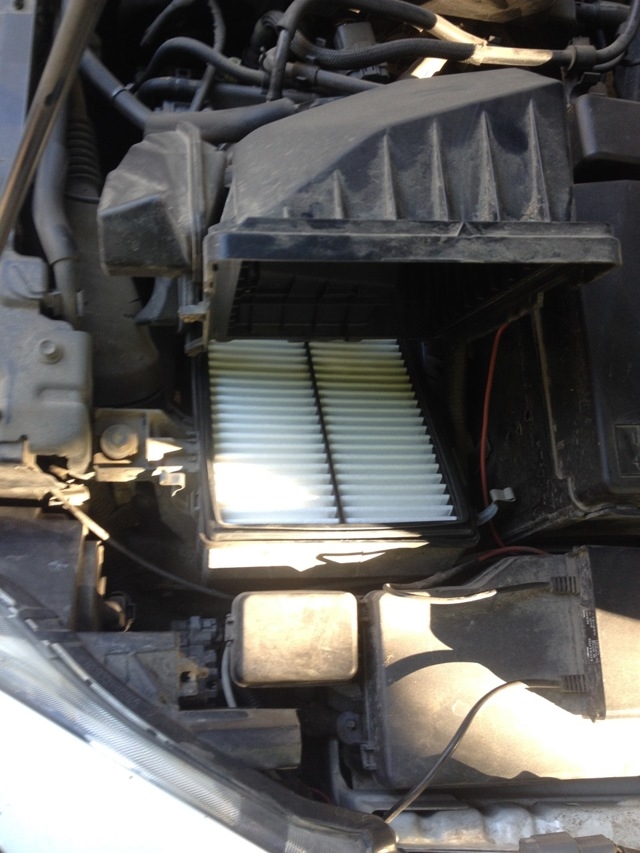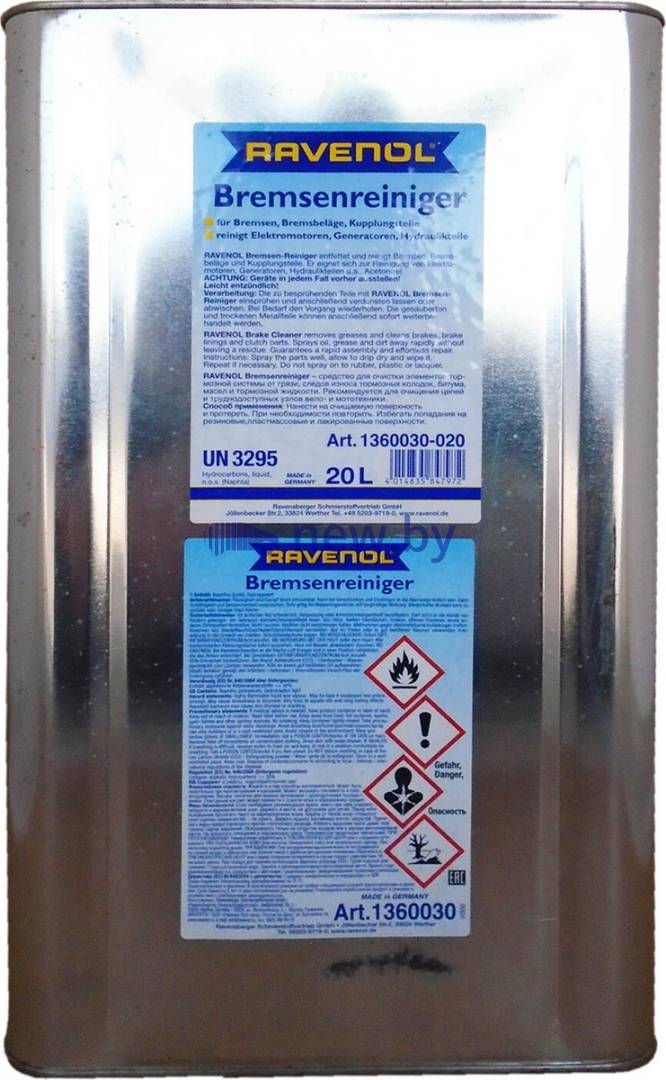Author Email:
Content
This can result in a wide range of tax, accounting, and cash flow issues. When accounting mistakes occur, it can halt the growth of your small business and put you on shaky ground. If you want an all-in-one business management software, Holded is a good option, offering accounting, invoicing, project, and inventory features along with many other solutions. Connect your bank, reconcile transactions, automatically classify entries, and manage it all in your ledger. Xero allows you to send custom invoices, track inventory, and create purchase orders to attach to bills — all from your phone or tablet. Get financial performance reports sent straight to you, and connect your bank account for a seamless experience.
Accounting & Bookkeeping Software Tools Loved By Small Business
This is the process of comparing your monthly bank statement with your business’s Cash account in your chart of accounts, to confirm that both are accurate. A separate bank account for your business is a must-have for businesses of all sizes.
- To get started, you link your bank accounts, credit cards, and financial accounts to Bench.
- Vendors can send you a digital invoice to a secure ‘@bill.com’ email address, or you can drag and drop invoices into your Bill.com dashboard.
- Out of all cloud-based bookkeeping apps, QuickBooks Onlineis one of the best overall.
- Every month, your bookkeeping team, made up of one senior bookkeeper and two junior bookkeepers, reconcile your accounts, balance your books, and prepare financial statements.
- Since Bill.com updates your accounting software for each transaction, transactions reconcile faster, and you have a better real-time view into your business’s expenses.
- With Bill.com, every invoice that a vendor sends you, and eventually the payment that you make, syncs to your accounting software, so you only enter the data once.
Although you can access QuickBooks Self-Employed on a desktop or laptop, their mobile app lets you do a lot as well. With one swipe, you can easily sort business from personal spending, import expenses from your bank account, and track expenses. You can even set up custom categories for expenses so you know what your business is spending the most money on. QuickBooks Self-Employed is a basic bookkeeping app that supports one user .
A cash account is one where all of your business transactions pass through to track all of your financial activity. Plus, a cash account is arguably the simplest way to record cash payments, withdrawals and deposits. By opening a new bank account, you can keep your personal finances and your business dealings separate so there’s never any confusion between the two. When it’s time to do your books, you’ll easily know where to find the financial information you need. On the flip side, accounts receivable is the account that keeps track of all the money that third parties owe to you.
Basics Of Small Business Accounting: 12 Steps To Get Your Company On Track
But if you’re just starting out, you’ll often begin with a bookkeeper and only engage a CPA for tax filings. Therefore, you might want to start by looking through your accounting software’s directory of bookkeeping professionals that are certified as experts on your given software. You might also consult professional bookkeeping communities, accounting blogs, or industry forums, and see if you can find a professional or service for your business in one of these places. Therefore, you’ll want to look carefully at your different bookkeeping software options, test them out, and choose the one that you believe will work best for you.
Siri: Define ‘bookkeeping’
This QuickBooks app gives you the ability to send and track invoices, track mileage, calculate your Schedule C deductions, and see quarterly estimated taxes. It also makes it easy to separate business from personal expenses, which can catch contractors and freelancers off guard and make it much more difficult to file business taxes.
Most businesses now use specialized bookkeeping computer programs to keep books that show their financial transactions. bookkeeping 101 Bookkeepers can use either single-entry or double-entry bookkeeping to record financial transactions.
Is it hard to be a bookkeeper?
Is being a bookkeeper hard? No. Given the right circumstances and knowledge, bookkeeping can be as simple as categorizing things properly.
In the world of small business accounting, bookkeeping apps can change how you do business. As a small business, you https://www.financemagnates.com/thought-leadership/how-the-accounting-industry-is-evolving-in-the-age-of-coronavirus/ don’t have a big accounting or bookkeeping department to balance your books and help with financial planning.
GrowthForce can serve as your outsourced advanced bookkeeping and accounting department. If you can manage your job and some of the accounting each month but need a little extra help, a part-time bookkeeper might be a good fit for your business. They can do work such as inputting receipts and tracking employee time sheets, accounts receivable and accounts payable. When hiring a part-time bookkeeper, management bookkeeping still needs to have someone reviewing the work of the bookkeeper. Since most small businesses can’t afford to hire a full-time accountant,virtual bookkeepingis a good alternative. A certified accountant will oversee all essential bookkeeping tasks, and file your taxes, for a much more affordable price. An accountant’s analysis can provide information for forecasts, business trends and opportunities for growth.
Larger businesses adopt more sophisticated software to keep track of their accounting journals. Very small businesses may choose a simple bookkeeping system that records each financial transaction in much the same manner as a checkbook. Businesses that have more complex financial transactions usually choose to use the double-entry accounting process. For employees, you’ll have to set up a payroll schedule and ensure you’re withholding the correct taxes. There are lots of services that can help with this, and many accounting software options offer payroll as a feature.
They require very different levels of effort and expertise and as you can imagine, the cost for full service accounting is much higher. However, most businesses that make the leap see the value and experience an ROI rapidly.
Accounting Software That Works As Hard As You Do
If you need payroll services, you’ll have to use them through Xero’s partnership with Gusto. And if you value live support, you should probably look for another provider. You’ll spend less time on administrative tasks, since Sage sends invoices, tracks payments and expenses, and calculates what you owe come tax season. Time tracking and collaboration tools are two things you won’t get with Sage, and payroll is a separate product. Before you embark on the research phase of the process, identify how much you can afford to spend on accounting or bookkeeping software.
After you’ve made these core decisions regarding your software, entry system, and accounting method, your small business bookkeeping will largely involve managing your transactions on a day-to-day basis. Single-entry accounting means that you’ll record all of your transactions once, either as an expense or income. This method is simple and straightforward, suitable for smaller businesses that don’t have significant inventory or equipment involved in their finances. One of the first tasks involved in bookkeeping for small business is setting up and managing your bookkeeping or accounting software. Seth David is the chief nerd and president of Nerd Enterprises, Inc. which provides consulting and training services in accounting and productivity based software. Consulting services range from basic bookkeeping to CFO-level services such as financial modeling.
As a small business owner, you need your financial data to be current and accurate so you can make good business decisions and ensure you have a healthy cash flow. But as your business grows and you take on more customers, vendors, and employees, keeping track of how much money you have coming in and going out of your business gets complex – and normal balance time-consuming. Reconciliation involves regularly cross-referencing your business books against your bank statements to check that the transactions and balances match – and identifying the reasons if they don’t. Often bank fees, interest payments, deposits, and payments that haven’t yet hit your bank accounts will need to be accounted for.
All accounting features can be conveniently accessed on one main dashboard, making bookkeeping more fluid and efficient. what is double entry bookkeeping The bookkeeping transactions can be recorded by hand in a journal or using a spreadsheet program like Microsoft Excel.
After you’ve legally registered your business, you’ll need somewhere to stash your business income. Having a separate bank account keeps records distinct and will make life easier come tax time. It also protects your personal assets in the unfortunate case of bankruptcy, lawsuits, or audits. And if you want funding down the line, from creditors and investors alike, strong business financial records can increase the likelihood of approvals. From payroll taxes to managing invoices, efficient bookkeeping smooths out the process of all your business’s financial tasks and keeps you from wasting time tracking down every dollar.
What are the two types of bookkeeping?
There are two types of bookkeeping systems used in recording business transactions: single-entry bookkeeping system and double-entry bookkeeping system.Single-Entry Bookkeeping System.
Double-Entry Bookkeeping System.
If this still sounds daunting, even with the help of accounting software, hire someone to help you. What may seem like an extravagant expense to someone used to wearing so many different business hats may actually save you money in the long run. Open a business checking account and deposit all of your business income into this account. Pay yourself and your employees from this account, and use it to pay the bills to run the business. Get a separate business credit card, and use it for business-related expenses, such as travel and office supplies. A business credit card will help you track expenses, helping with tax-time write-offs, as well.
Small Business Bookkeeping For Beginners
You might be audited and need to present the receipt or proof of the transaction. Check with your tax preparer or CPA to find out if there’s anything else you need to be accumulating in your records to satisfy their reporting requirements. Maintaining records is a great way to stay organized on a regular basis. If you’re running your business and don’t have a bookkeeper or aren’t doing bookkeeping the books yourself, you might wind up in trouble. Some business owners live off their checkbooks or business credit cards, paying bills, purchasing, and collecting cash without keeping a record of the transactions. Depending on the size of your business, industry, and how you’re incorporated, you might need all three financial specialists—a bookkeeper, an accountant, and a CPA.
198 total views, no views today








